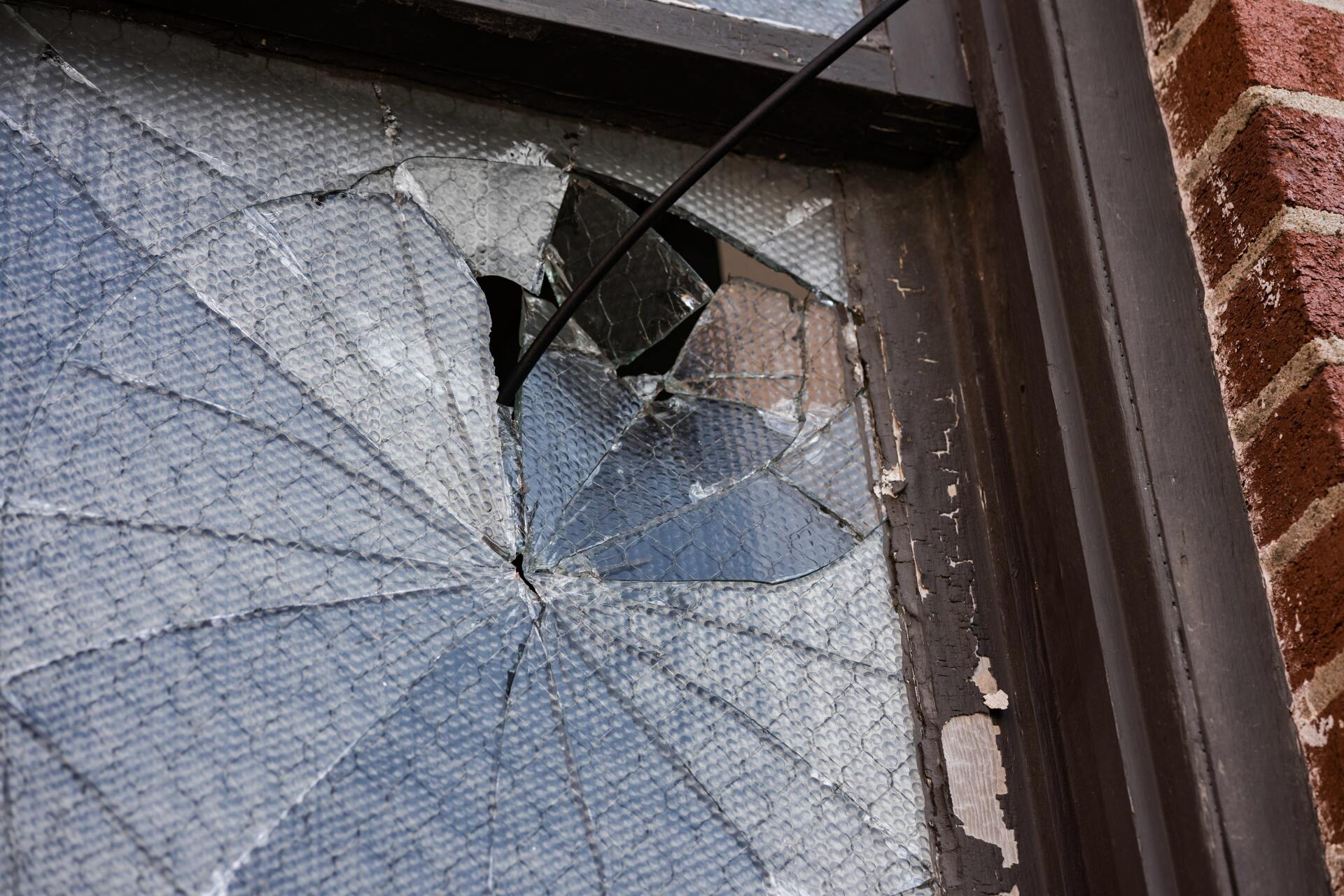Responding to the riots: what powers do Housing Associations have?
With widespread violence erupting across the country, it’s a worrying time for everyone.
The last time there was widespread rioting was in 2011. It paved the way for the introduction of a new Ground for possession for assured tenancies. This was then brought in with the Anti-Social Behaviour, Crime and Policing Act 2014 by inserting the new Ground 14ZA to Schedule 2 of the Housing Act 1988.
That Ground is still in place and could become relevant again in the wake of the recent riots.
What are the 3 elements for using this Ground?
- The tenant or an adult residing within the rented property
- Has been convicted of a serious offence
- Which took place during, and at the scene, of a riot in the UK.
What’s classed as a riot?
This is defined by section 1 of the Public Order Act 1986:
12 or more people who are present together
· Use or threaten unlawful violence for a common purpose
· And the conduct of them (taken together) would cause a person of reasonable firmness at the scene to fear for their personal safety.
That means there is quite a high bar to prove before Ground 14ZA becomes relevant, but it could be possible over the coming weeks and months that some people involved in riots are convicted of an offence under section 1.
It’s important to note two further points:
1. The act of rioting can take place anywhere for this Ground to apply. It does not need to be in the locality of the rented property (unlike with other ASB Grounds mentioned below).
2. It is a discretionary ground. So, a Judge still has to consider whether it is reasonable to make a possession order.
On the last point, this does mean that possession is not guaranteed and will be dependent on all the personal circumstances of the perpetrator.
Other potential grounds of possession
In addition to Ground 14ZA, in such situations, associations do still have open to them the use of Ground 7A and Ground 14 if there is ASB and it is in the locality or somehow otherwise linked to that person’s housing.
Locality, as ever, will depend on the geography of the local area.
Ground 7A (a mandatory ground) would apply if there was a serious conviction within the locality. For example, if during a riot the perpetrator injured someone, and this led to a GBH conviction (section 18 Offence against the Person Act 1861).
Ground 14 (another discretionary ground) would apply in much wider situations where nuisance has been caused by someone’s actions and it is linked to the locality of the property.
As well as possession, an Injunction could also be available as an enforcement tool. If there are circumstances where tenants have been involved in rioting, it is worth obtaining a detailed analysis of what they have been convicted of and where this took place.
At CobbWarren, we can advise you on all your options. Contact us today to speak to one of our specialist housing solicitors.





